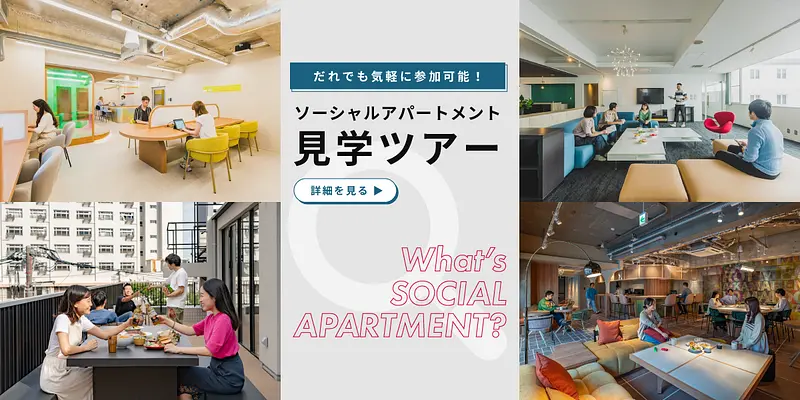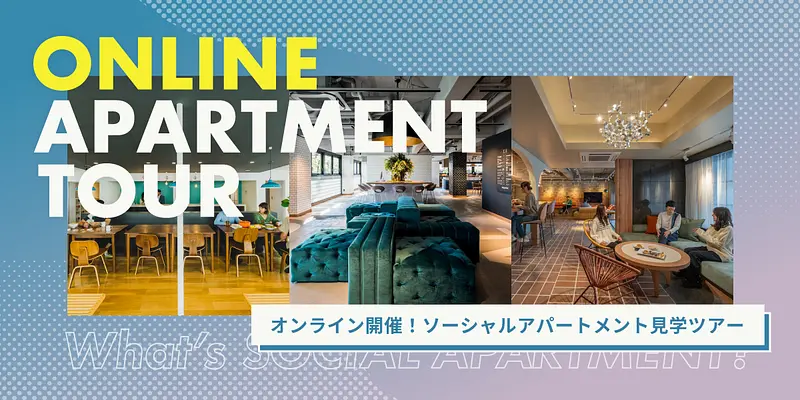Neighbors Esaka: A Social Apartment Redefining the ‘Third Place’
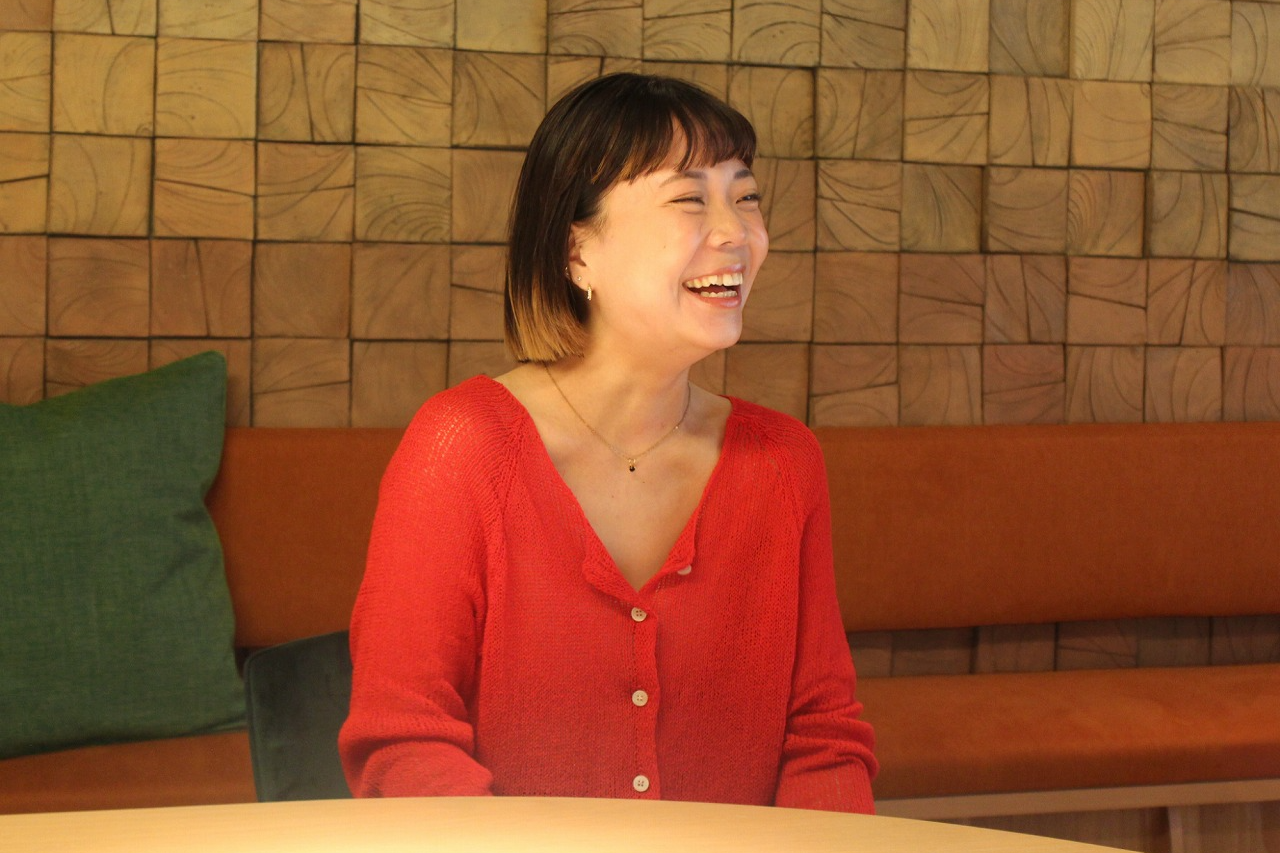
Social Apartment combines your private living space with upscaled shared areas, such as lounges, workspaces, theaters and more; offering the perfect balance between community and personal life.
In this episode of Neighbor Stories, we speak with Monica, a university senior preparing to enter the workforce next year.
Monica grew up in Brisbane and moved to Japan during high school. Lately, she has been enthusiastically pursuing her studies and part time work. Here’s what she discovered at Neighbors Esaka, a true "Third Place."
By “Third Place,” she means a space beyond home, school, or work. A welcoming environment where you can simply be yourself. As Monica puts it, “It’s a place where I’m accepted as I am.” Let’s hear her story.
Interviewer: Can you start by introducing yourself?
Monica: Sure! I’m Monica, and I’ve lived at Neighbors Esaka for the past year and a half. I’m in my fourth year of university. I grew up in Brisbane and moved to Japan when I entered high school. People often describe me as cheerful and energetic. I’m the youngest of seven, so maybe that’s where my competitive spirit comes from (laughs).
Interviewer: What are you studying in university?
Monica: I study a wide range of subjects, such as anthropology, AI, geopolitics, and philosophy. What really fascinates me is the geopolitics of the Asia-Pacific.
I’m Japanese by nationality, though I was born and raised in Australia. My mother is Japanese, and my father, though ethnically Korean, was born and raised in Japan. I discovered my father’s heritage in fifth grade, and it came as a shock. That moment sparked curiosity about my roots, which eventually grew into a deep interest in Asian geopolitics.
This led me to enroll in a dual-degree program that allowed me to study at my Japanese university and earn a degree from an overseas university.
I did my first two years at my university in Japan, my third year in Australia, and then I came to Japan to finish my degree.
Interviewer: When did you move into Neighbors Esaka?
Monica: I moved in after my third year, when I came back from Australia. I took a break from university this year to concentrate on job hunting and figuring out my next steps. However, I plan on returning to university in October. Taking this break really helped me figure out what I want for my career and I’ll be working at an IT company starting in April.
A Cup of Coffee Changed Everything
Interviewer: Did you experience any culture shock after moving back to Japan?
Monica: Yes, especially at university and in my part-time job. I was stunned by how much “fitting in” and “reading the air” mattered in Japan. In Australia, people are encouraged to speak up and convey their opinions.While in Japan, being too bold can disrupt harmony making others feel uncomfortable. That was a real shock.
Before moving to Japan, I thought I understood the concept of “reading the air.” It was then that I realized that knowing the meaning of a word and actually “experiencing” it are completely different. I remember feeling completely lost at first, thinking,"What exactly am I supposed to read?” or “Why can’t people just say what they mean?”
Interviewer: They really don’t teach this at school, do they?
Monica: Having attended an international high school, I never thought much about it; however, when I entered a Japanese university, I really struggled.
But one day at Neighbors Esaka, changed my perception.
I was in the lounge, studying intensely, when one of my friends came and quietly left a cup of coffee for me. No words, just a thoughtful gesture. She wasn’t interrupting me, but at the same time, she was subtly saying, “I’m rooting for you.”.That moment taught me that sometimes, “not asking” can be the kindest way to respect someone’s space. It’s a form of unspoken empathy I hadn’t been able to see before.
A Place to Be Fully Yourself
Interviewer: Did you ever share these struggles with your friends at Neighbors Esaka?
Monica: I haven’t explicitly discussed my cultural discomfort, but I’ve found myself opening up more when it comes to job hunting or personal struggles. That’s new for me, because I wasn't someone who ever asked for help.
Before joining, I wrestled with my identity: “Too Australian to be Japanese, too Japanese to be Australian.” But the friends here in Social Apartment, don’t define me by where I’m from, they see me just as Monica. This helped me start to open up.
Interviewer: Was there a particular piece of advice that stuck with you?
Monica: Yes. Someone told me, “You light up when you talk about history. Can you turn this into a career?”
This led me to question my ultimate career goal which is to “address biases from the ground up.”
Interviewer: Are most of your friends at Neighbors Esaka around your age?
Monica: Not at all. I’ve met people in their early 20s and others more than a decade older. Many nationalities, too. I’m sometimes surprised when older residents ask me for career advice. It feels like they see me, not just a student, but as someone with direction.
Interviewer: That must feel affirming.
Monica: It does. Instead of always being “the determined student” or “the returnee,” I can just be me. No labels or age brackets. That sense of belonging was exactly what I needed.
Interviewer: Have you expressed how that moment felt to you to the friend who handed you the coffee?
Monica: Not yet (laughs). It still feels awkward. But one day, I’ll tell them how much it meant.
A True Third Place
Interviewer: If you had to describe Neighbors Esaka in one phrase, what would you say?
Monica: Definitely a true Third Place. A place where I can pause from always rushing, giving me space to breathe, and let me be seen without judgment. Here, I can talk honestly about things I may not have the courage to share with other friends or family, and feel heard.
It’s a place where I can openly talk about job hunting, relationships, or anything. This community is my outlet, and I think it is for others too.
Interviewer: Finally, what would you say to someone considering moving into a social apartment?
Monica: I think most people who are thinking of moving in are looking for a change. However, I think it is ok to take your time. Your future self will know when the time is right.
Life in a Social Apartment is full of possibilities,and you may even encounter experiences that completely transform your outlook, as I did.
So when you’re ready, take the leap with confidence!
[Editor’s Note]
Perhaps true entertainment is finding someone who matches your passion, regardless of age or title.
I, too, once lived in a Social Apartment, and as I listened to Monica, I found myself reflecting: “What was my own most memorable moment?”
What immediately came to mind were the nights in the lounge, when we would talk endlessly over drinks about love, work, and whatever else came to mind. Strangely enough, I hardly remember the details of those conversations, but the moments when we shared our opinions, laughed, and empathized remain vivid.
Even now, I think it was a blissful moment to spend such time with people I probably wouldn't have met if I hadn't lived in Social Apartment.
I'm sure Neighbors Esaka is just that kind of place for Monica. And perhaps also for those who have always felt under judgment, the ones who need a place where they can simply be themselves. I was deeply moved by the way she faces her own identity and turns inner conflict into strength to figure out her own path. I am genuinely excited to see how Monica continues to grow and evolve from here.
(Interviewed and written by Ayumi/ Translated by Helena/Photos by Anna)
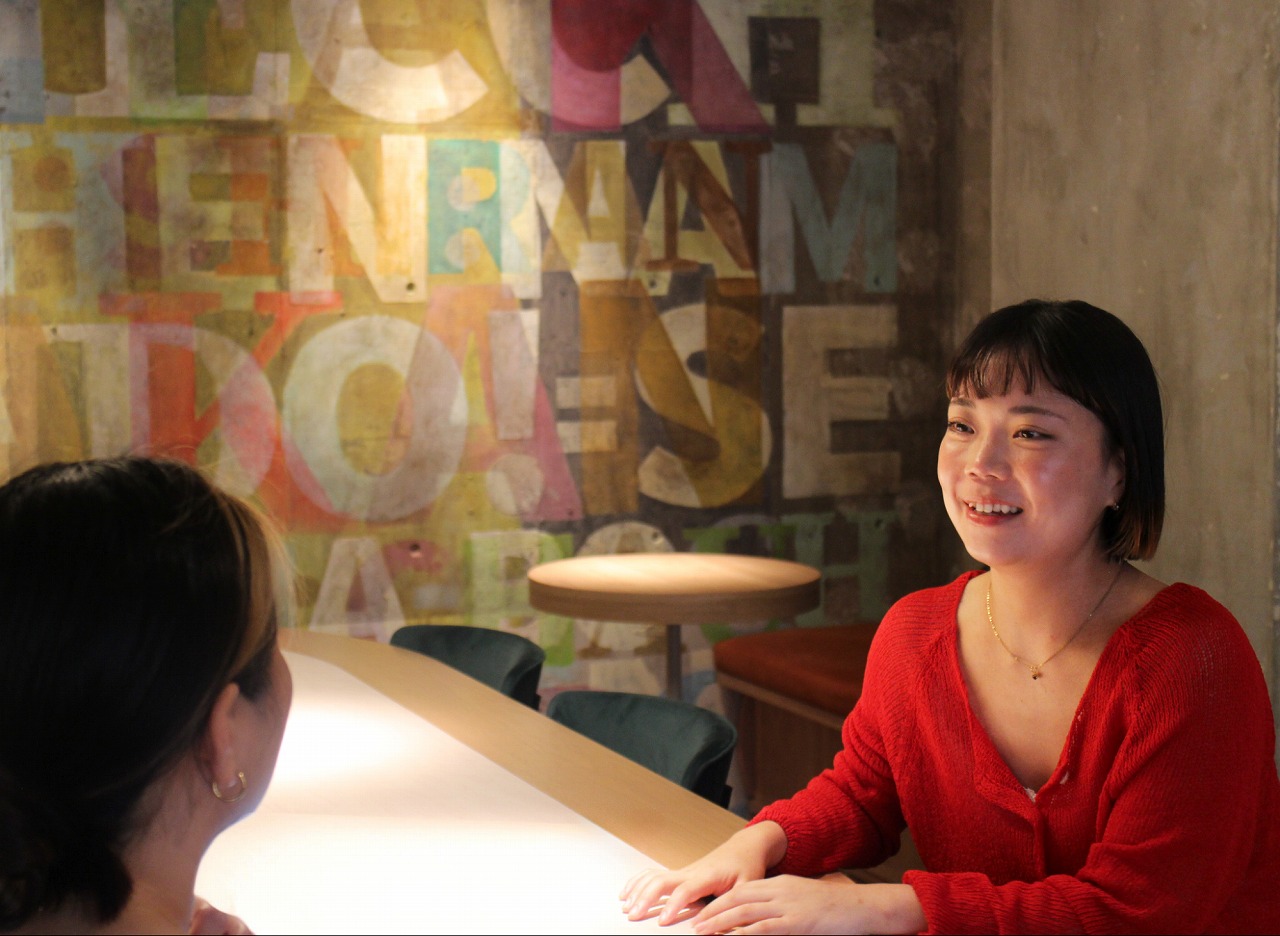
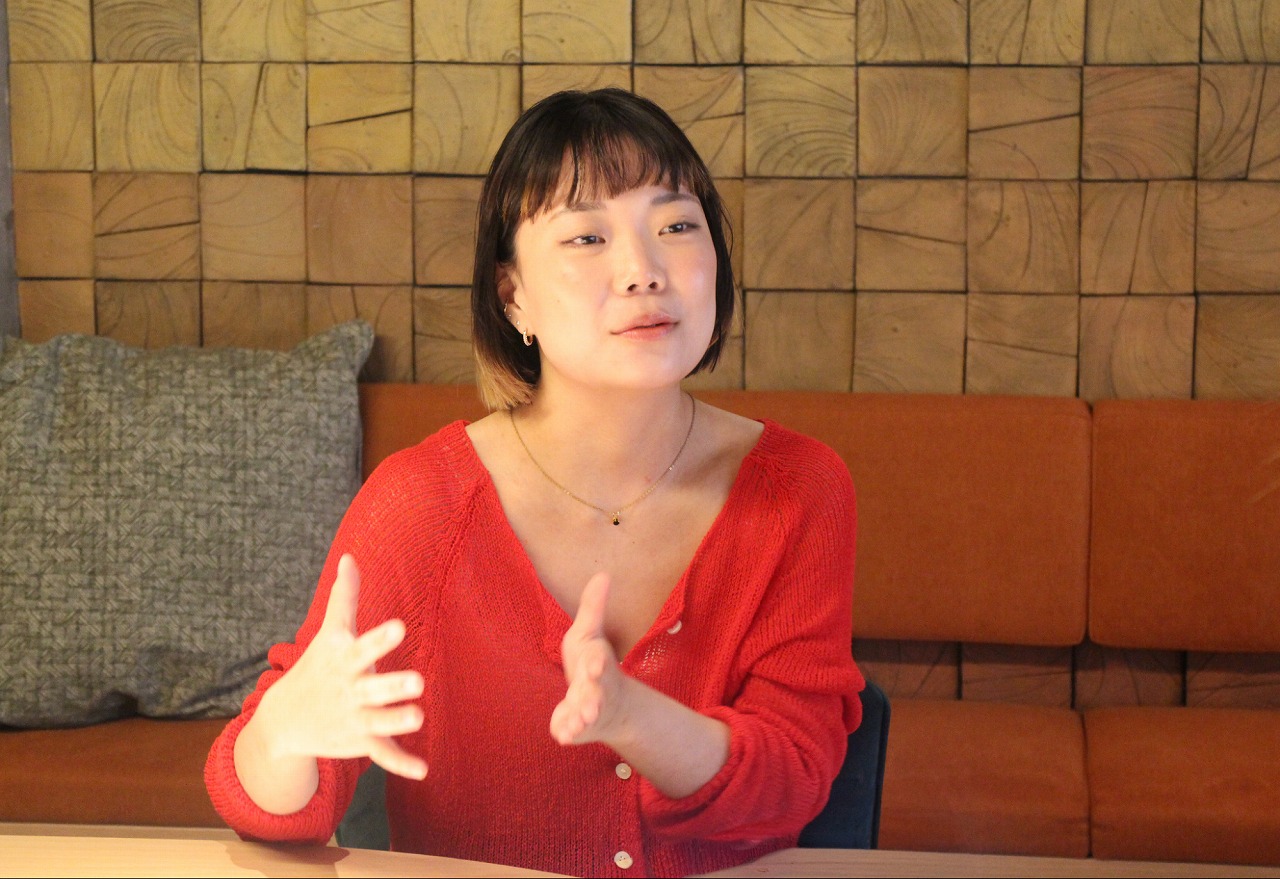
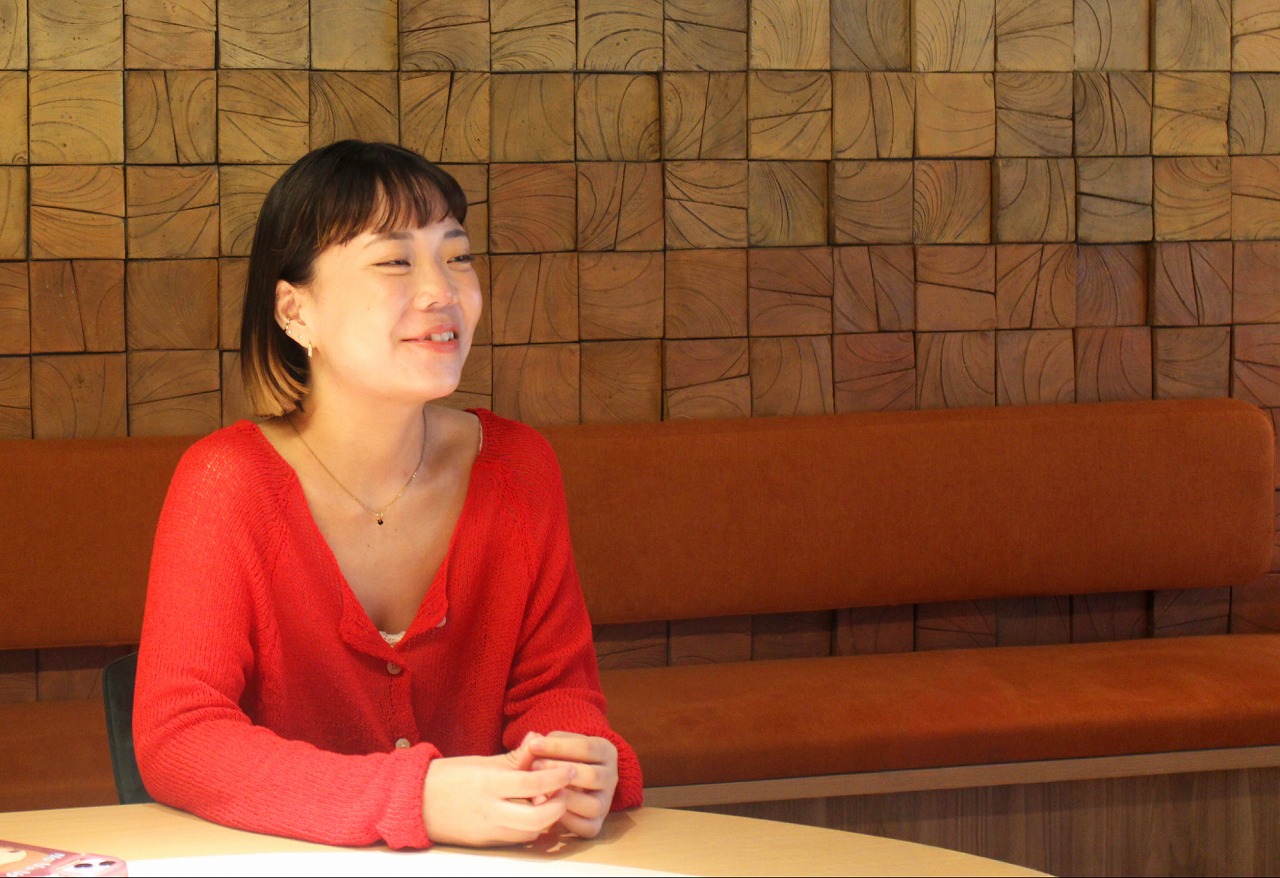
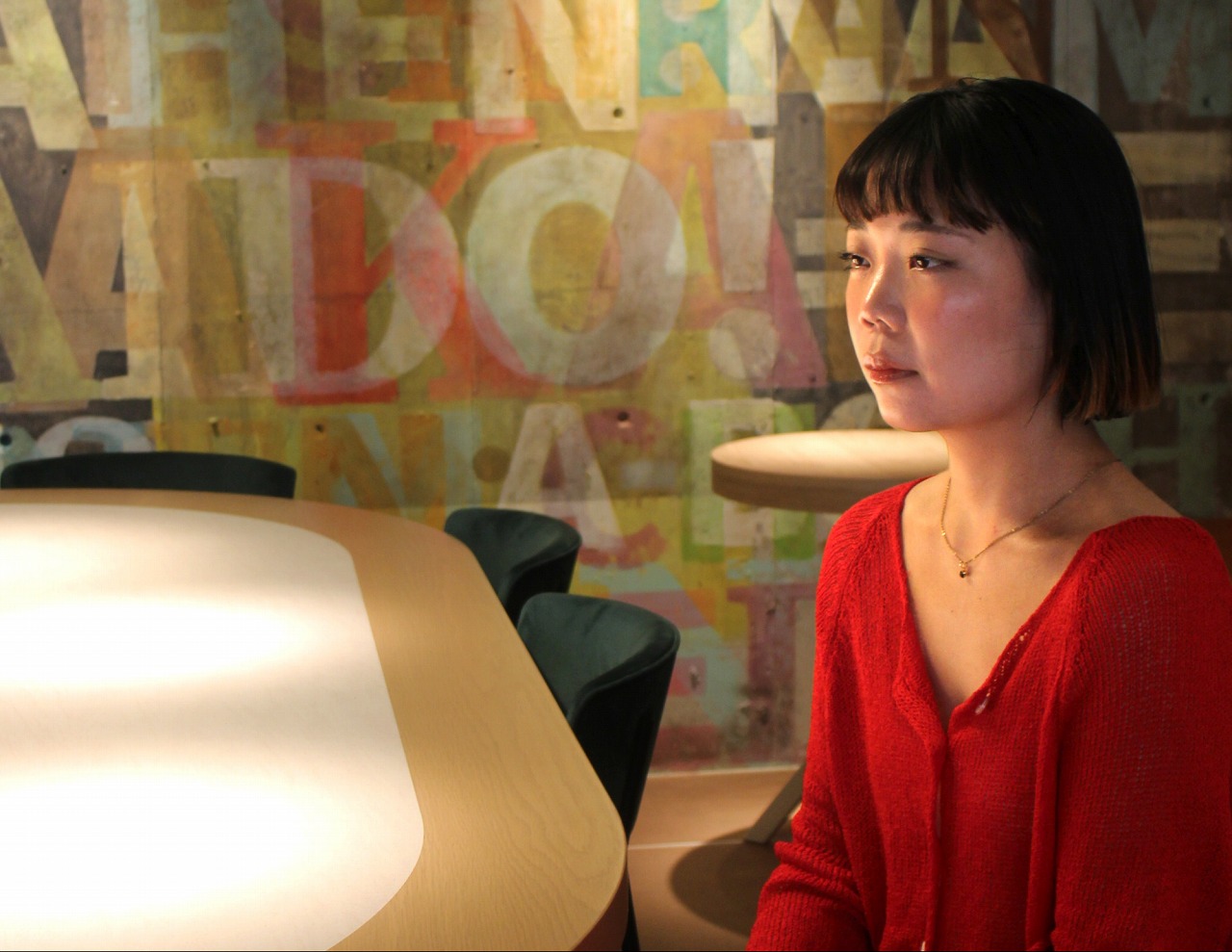
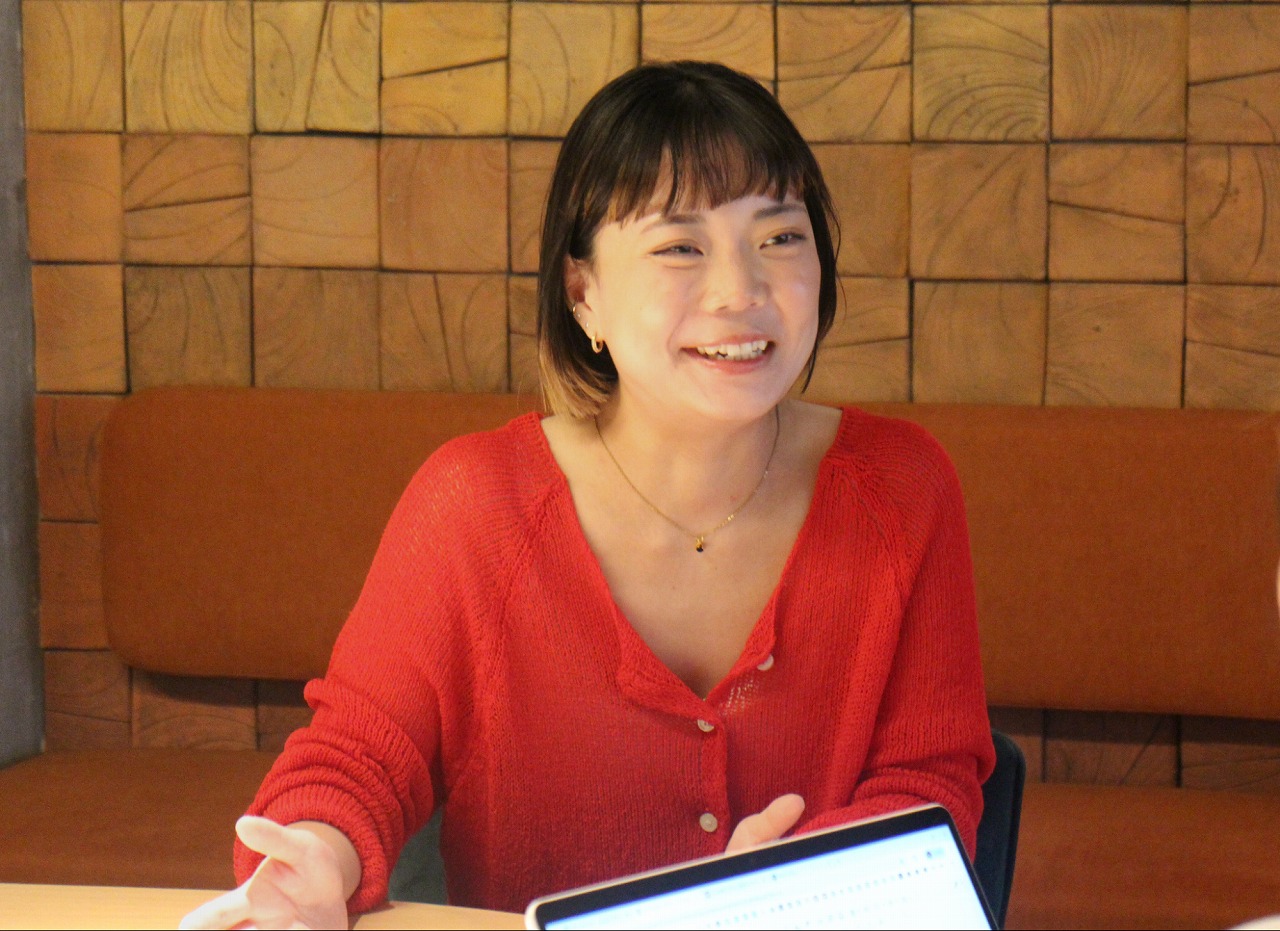
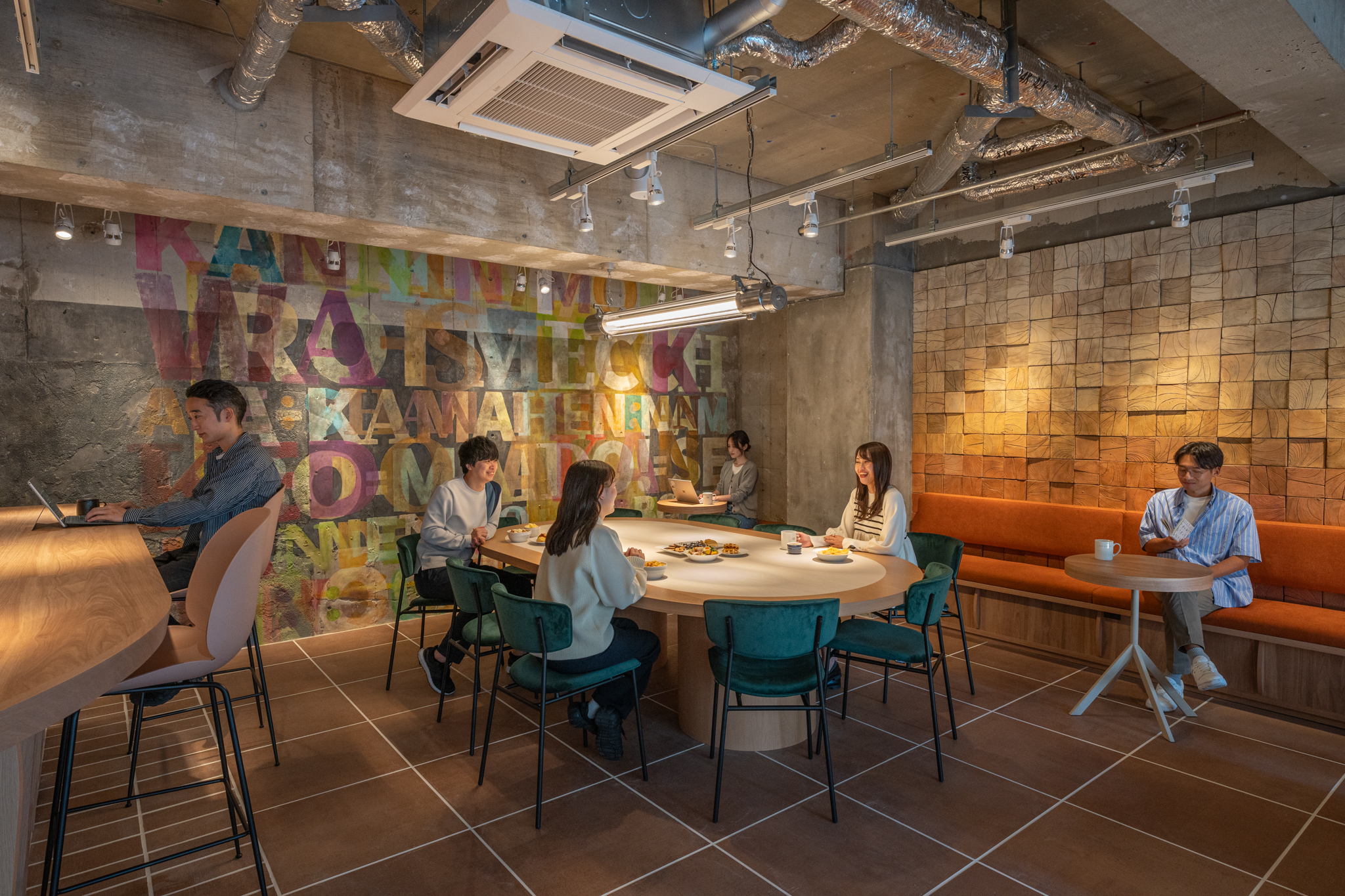
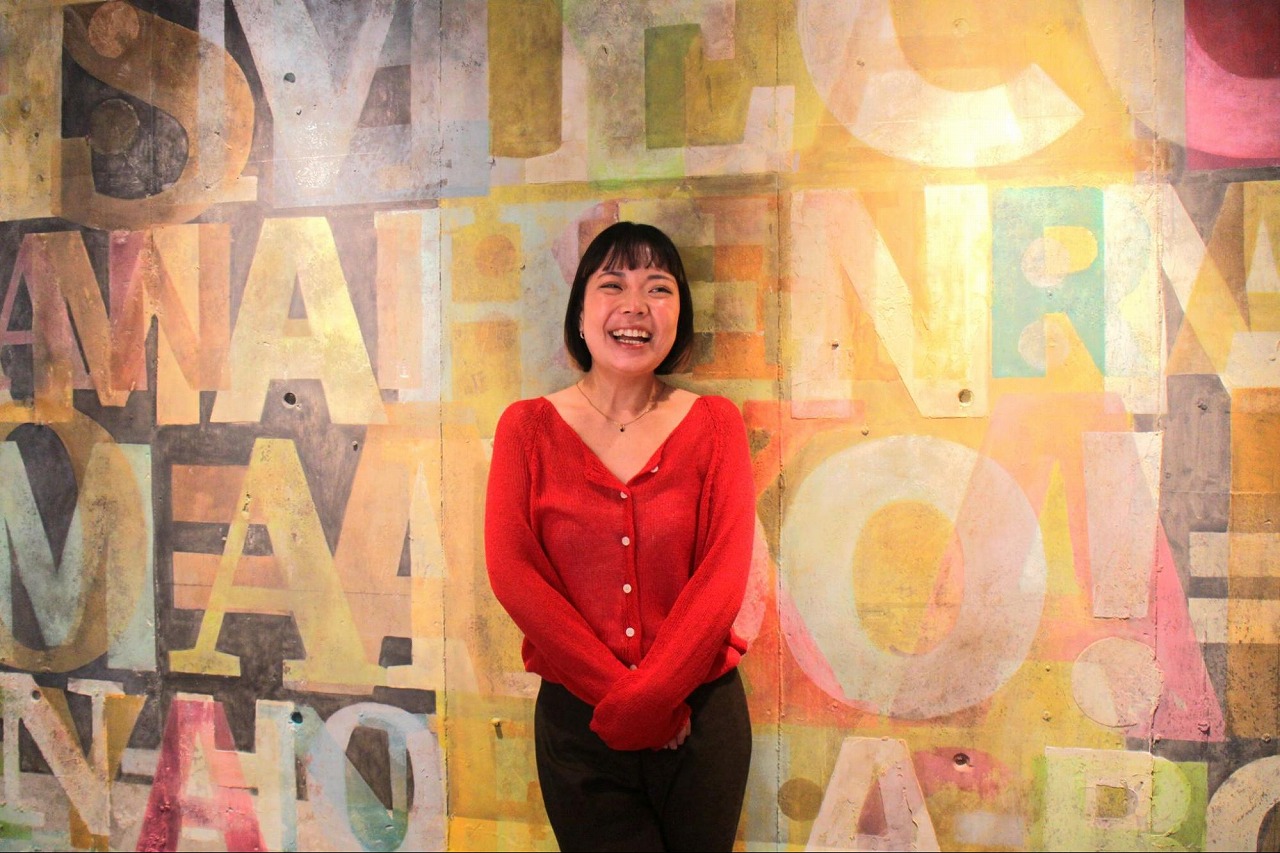
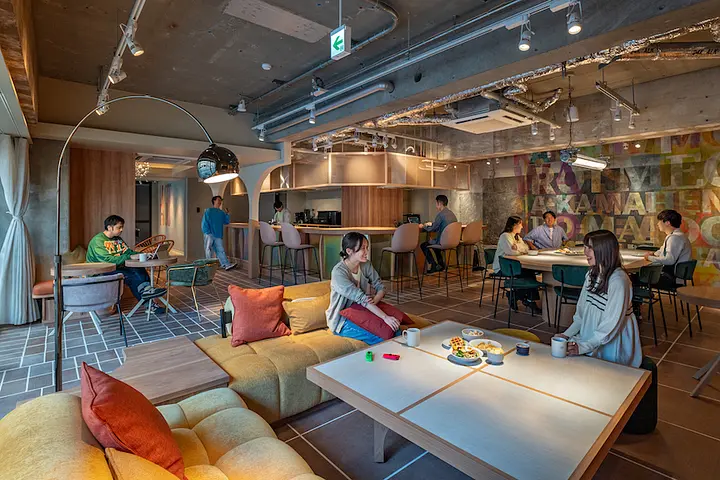
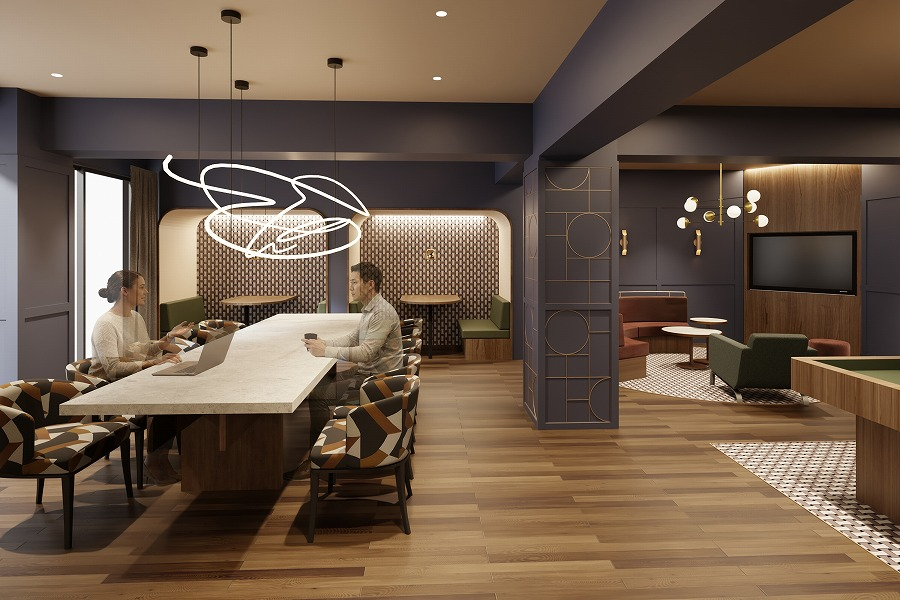
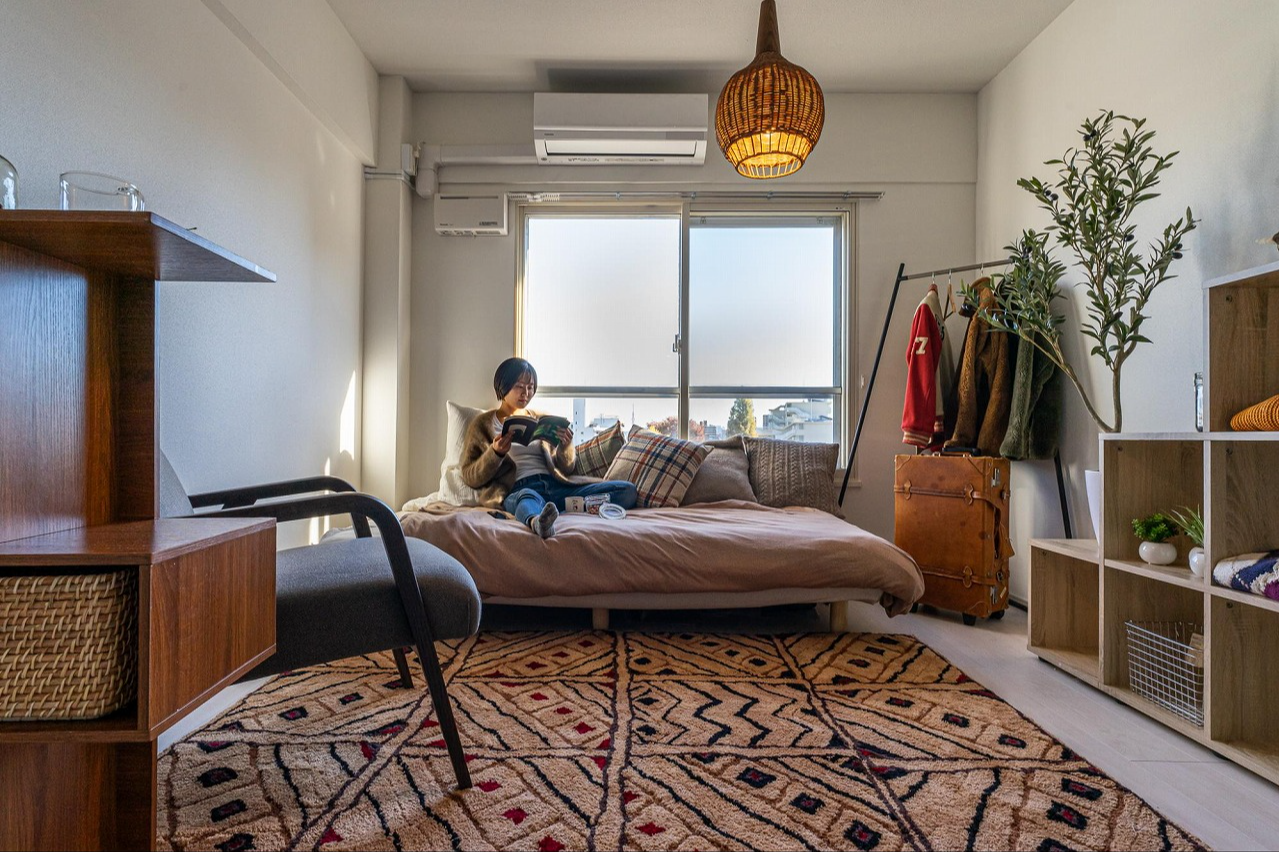
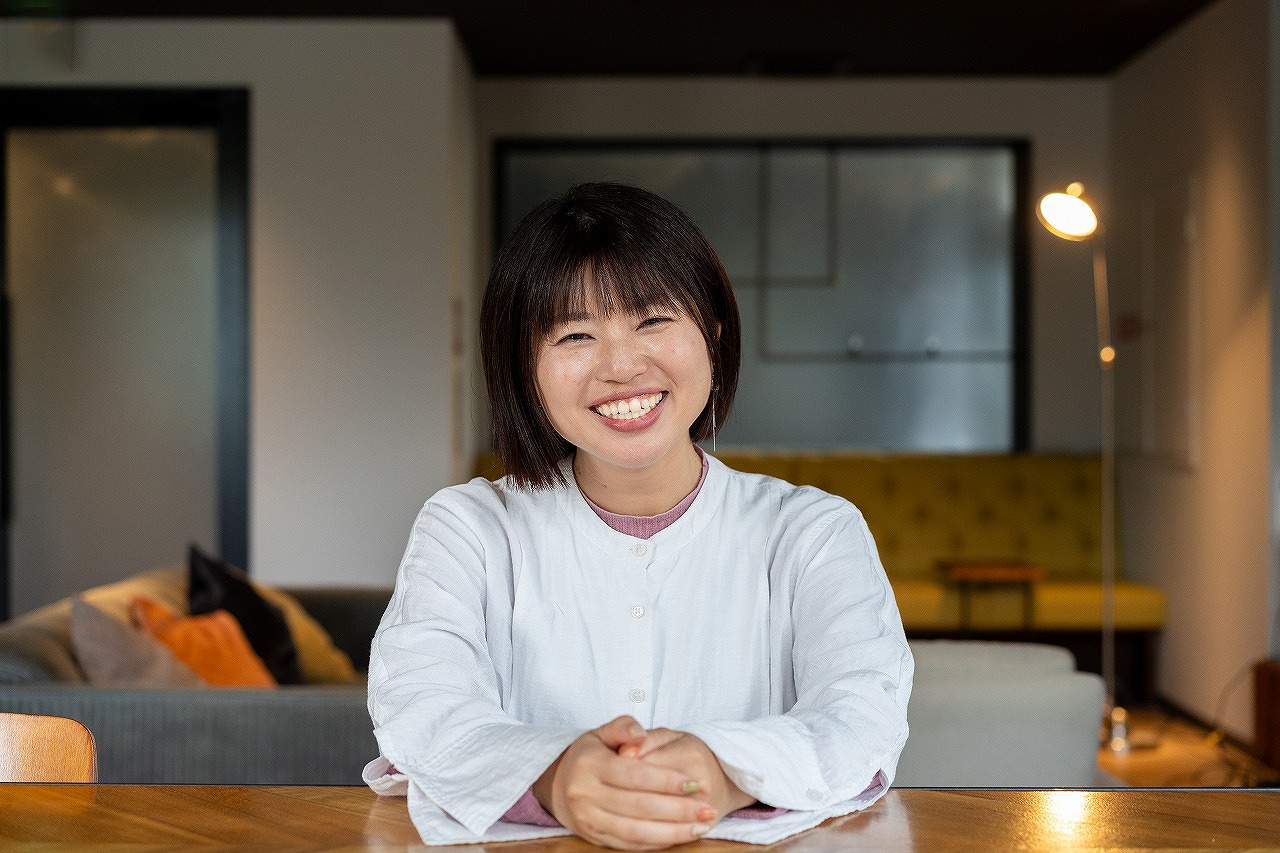
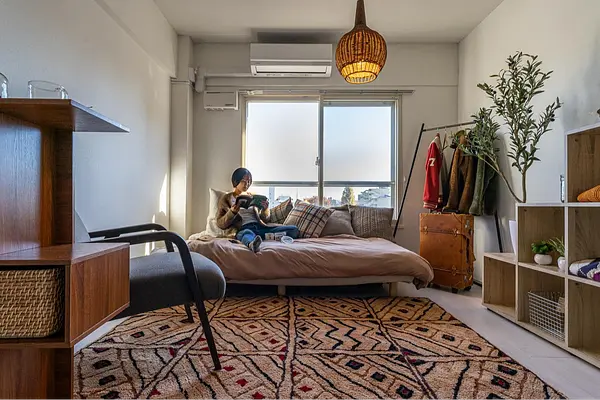
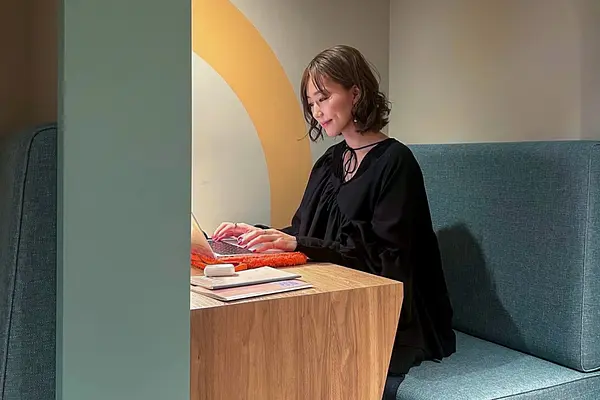
!["How’s The Community Actually?" - The Atmosphere of Community Revealed Through Various Living Experiences [Interview]](https://sa-site-production-strg.s3.ap-northeast-1.amazonaws.com/n95c5ksoi29szp2v8mgip1f6c58n)
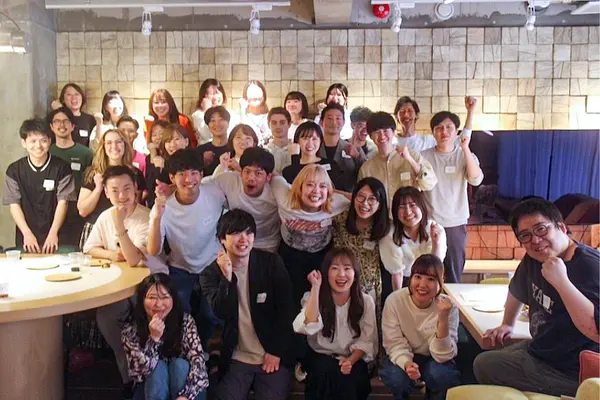
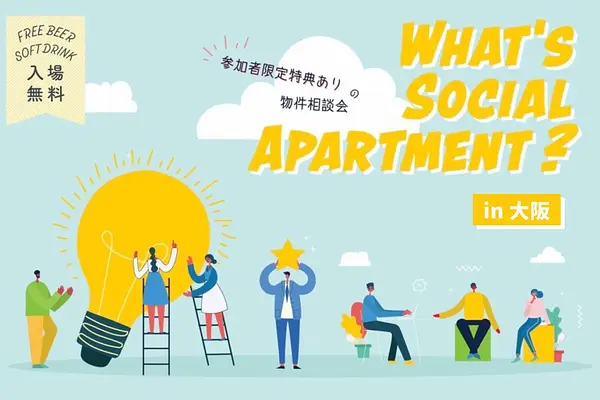
![大阪3物件の入居経験者に聞いた"オープニングメンバー"の魅力とは? | ネイバーズ江坂 [インタビュー]](https://sa-site-production-strg.s3.ap-northeast-1.amazonaws.com/puv95v62ik8u6yohuennujfun2x5)
![プロ料理人&DJが盛り上げる!約60名が参加したネイバーズ江坂の完成内覧会をレポート | ネイバーズ江坂 [イベントレポート]](https://sa-site-production-strg.s3.ap-northeast-1.amazonaws.com/2wr5rbnfy9h7jaxgwzybveyotcqh)
![関西で5棟目となるソーシャルアパートメン「ネイバーズ江坂」が10月28日開業|[プレスリリース]](https://sa-site-production-strg.s3.ap-northeast-1.amazonaws.com/hybf6kqttb5tq6xzzsnlwec62vx9)
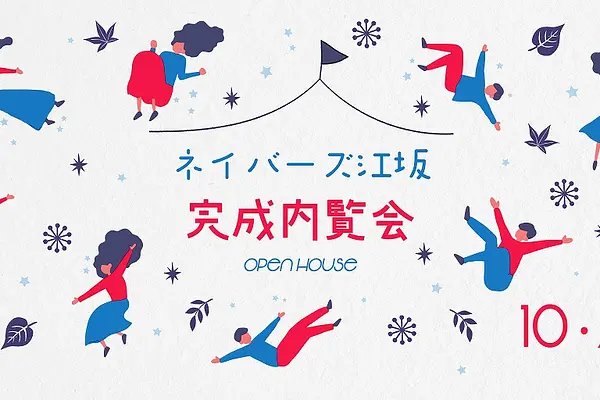
![「江坂ってどんな街?」街の人に聞いてみました!| ネイバーズ江坂 | [エリア紹介]](https://sa-site-production-strg.s3.ap-northeast-1.amazonaws.com/yjkjfpyh6jmws93lp4n7muqtnpt1)
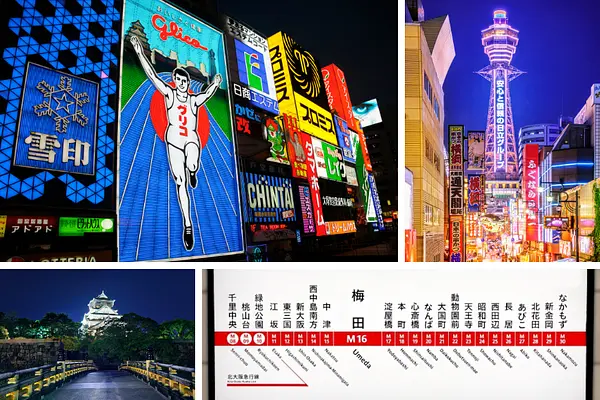
![アクセスだけじゃない!魅力たっぷりの江坂 | ネイバーズ江坂 [エリア紹介]](https://sa-site-production-strg.s3.ap-northeast-1.amazonaws.com/701c2d7oqzmk14kj19n6emrsl0ap)
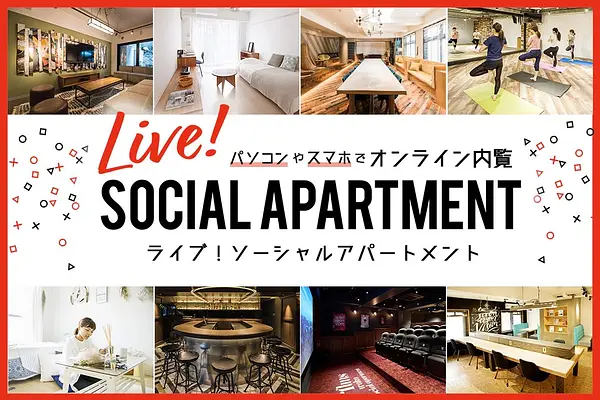
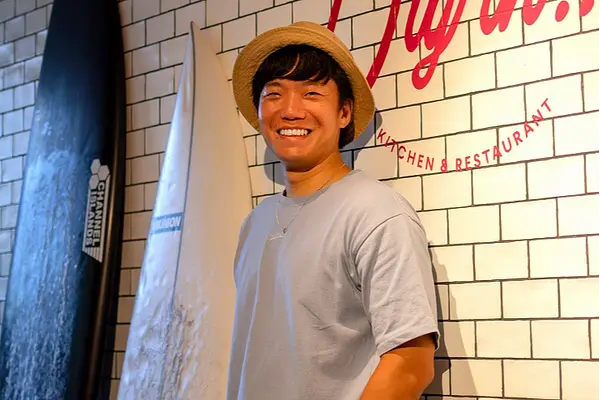
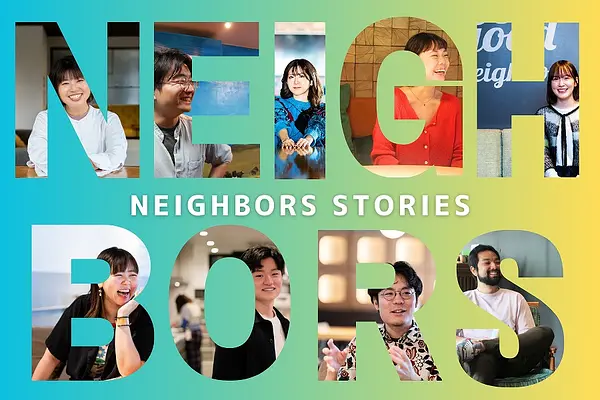
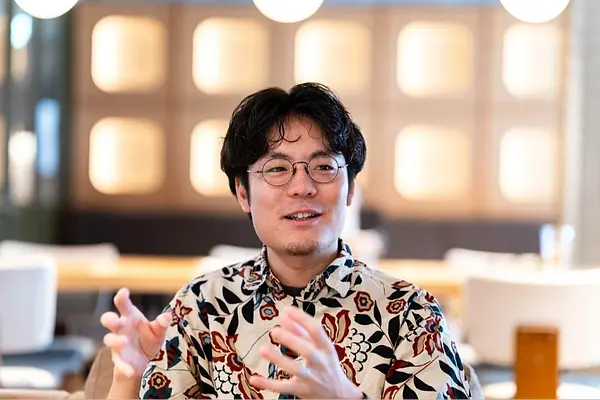
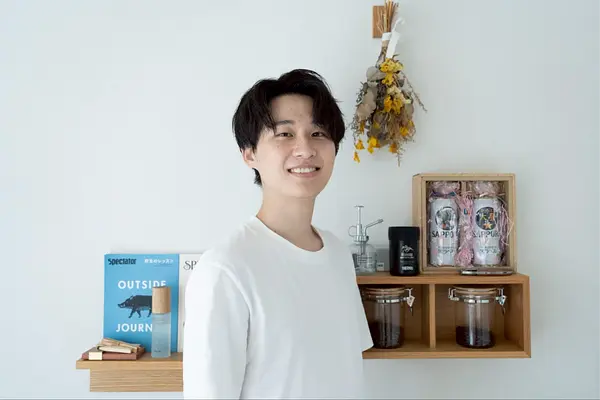
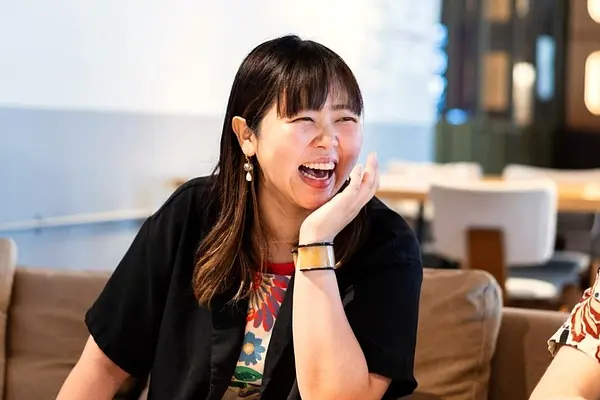
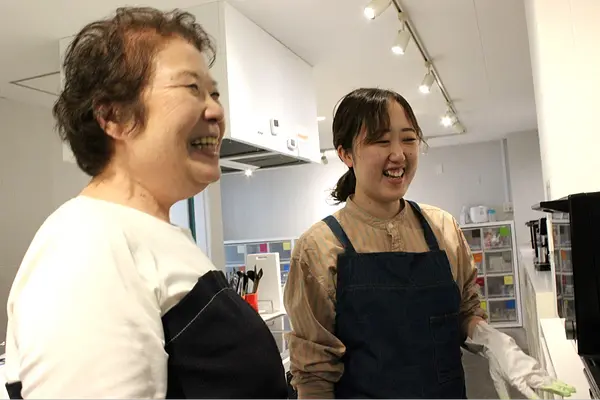
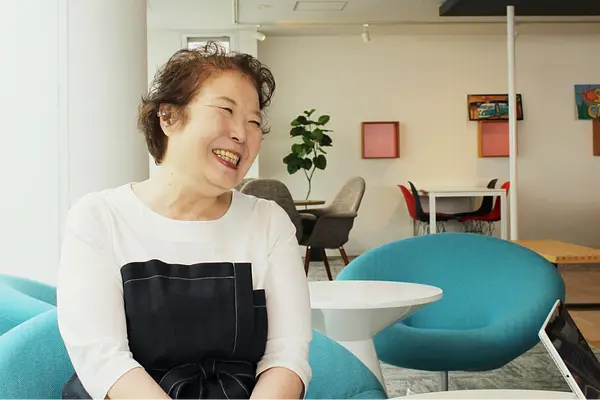
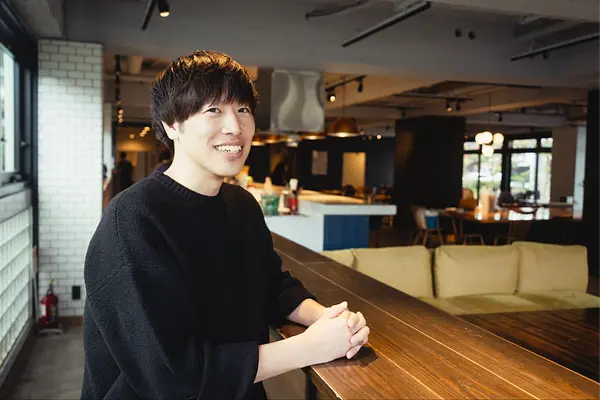
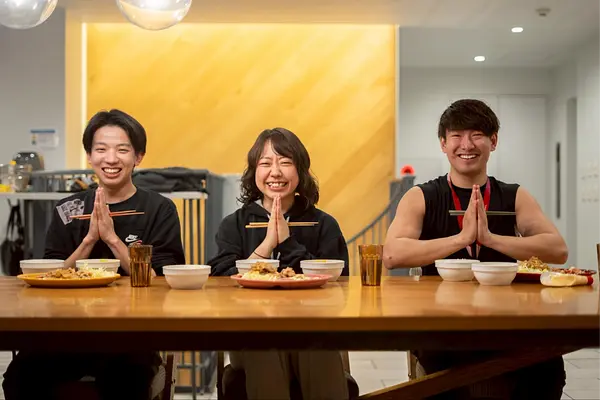
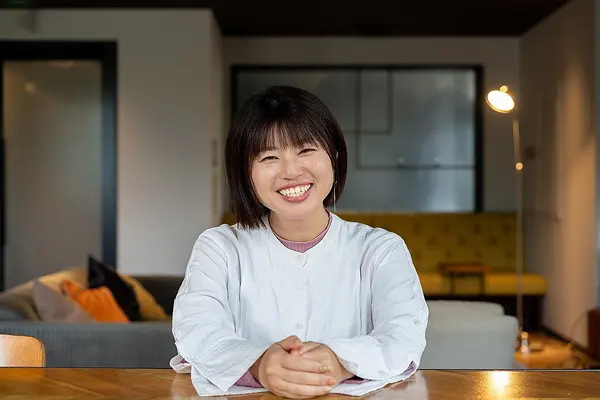
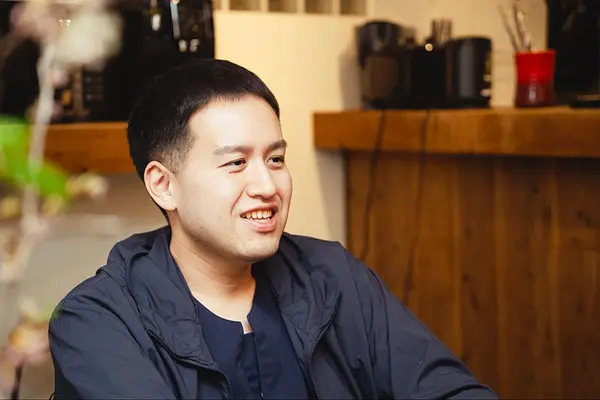
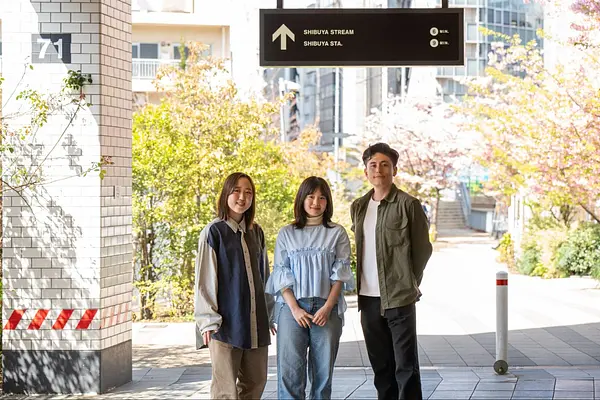
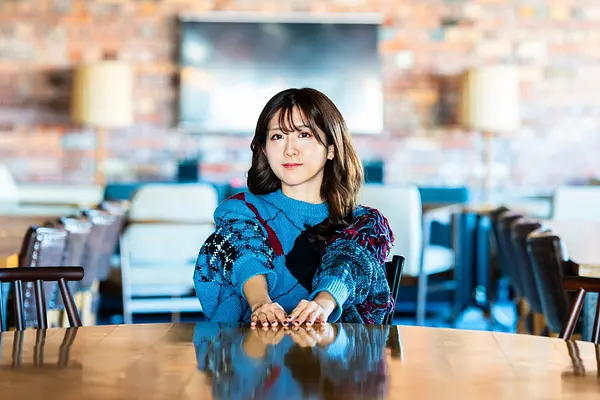
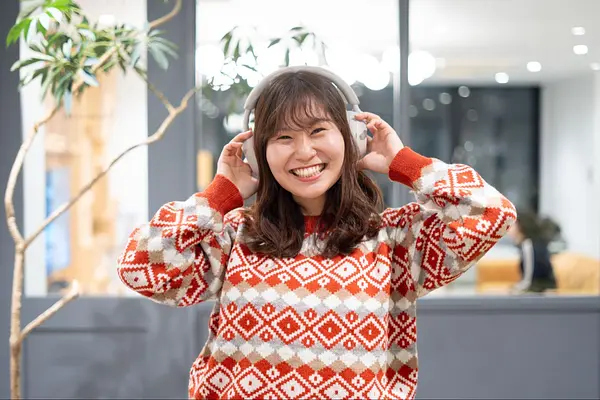
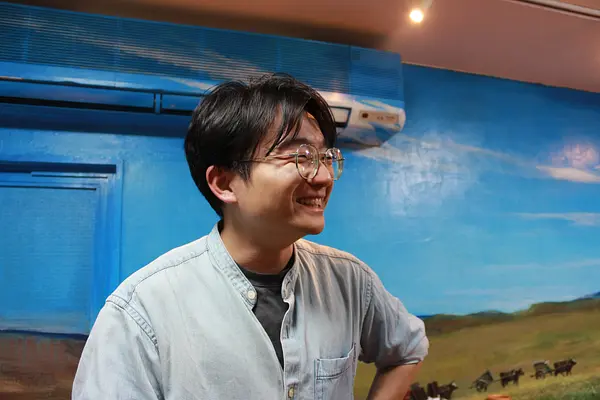
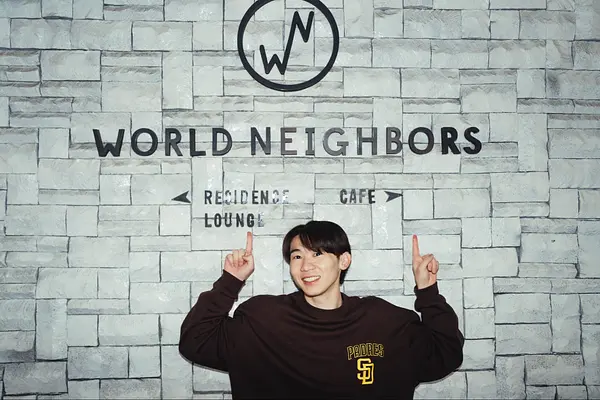
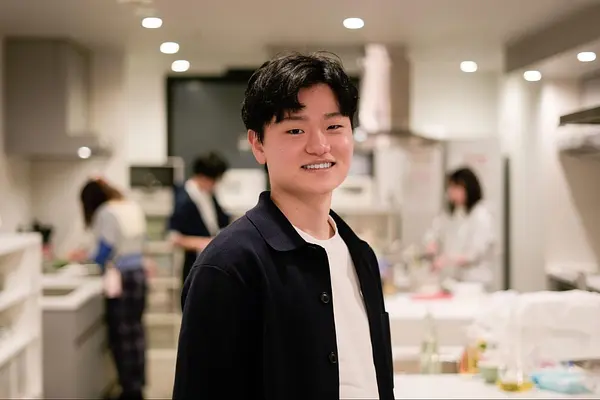
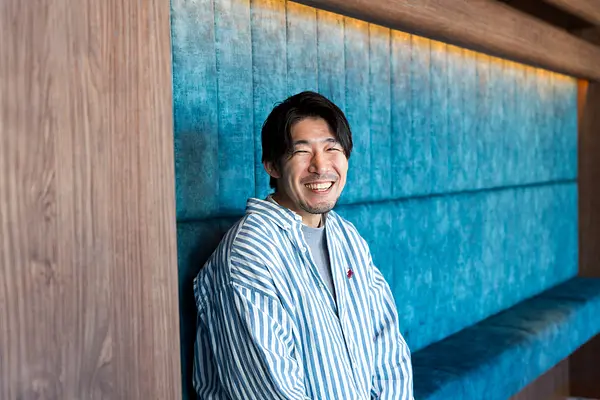
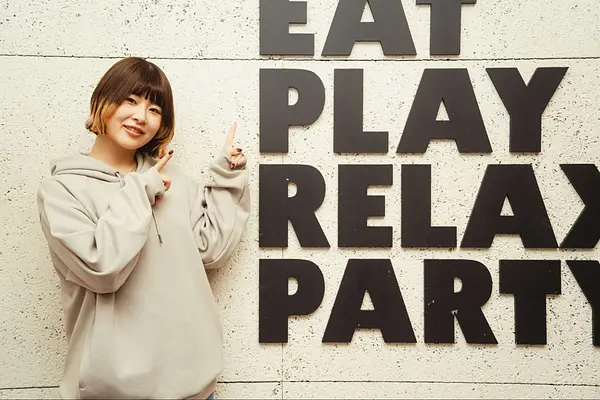
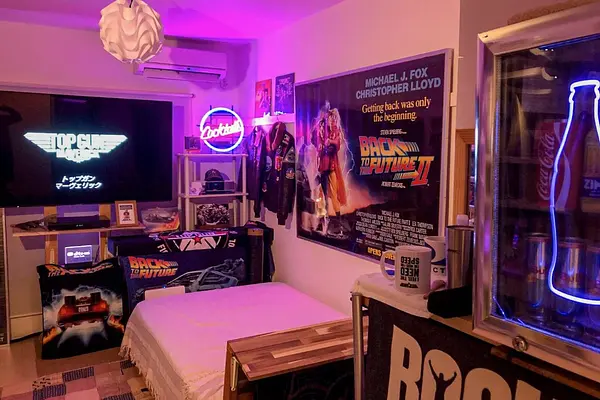
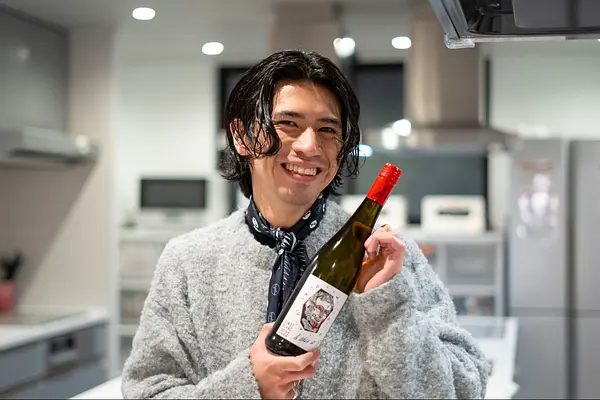
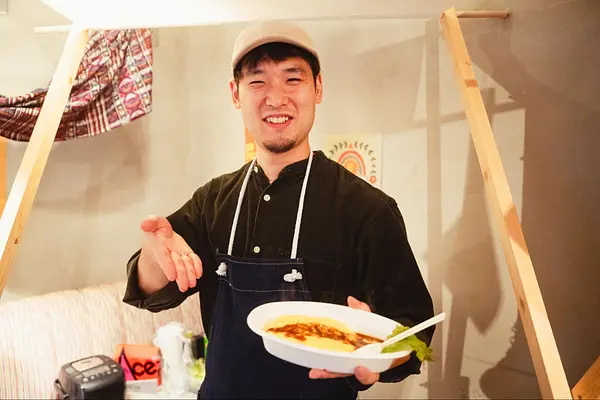
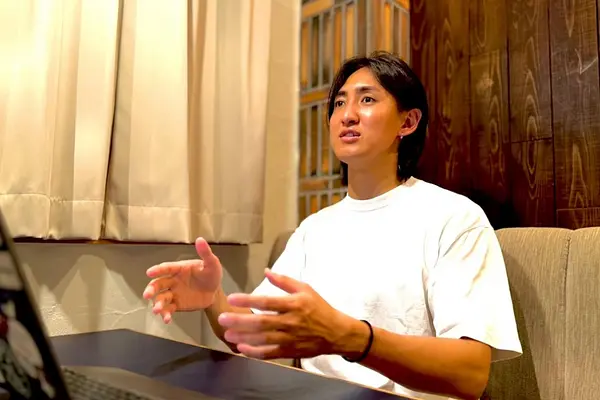
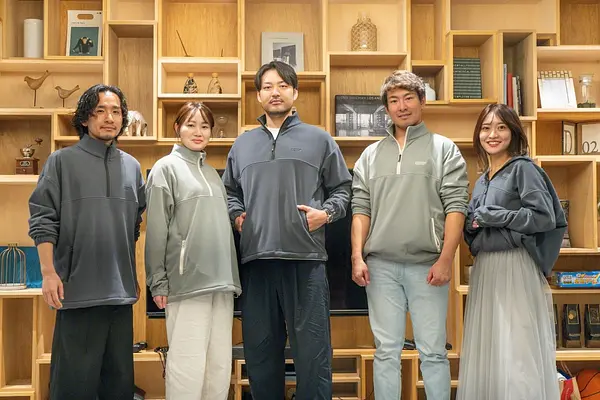
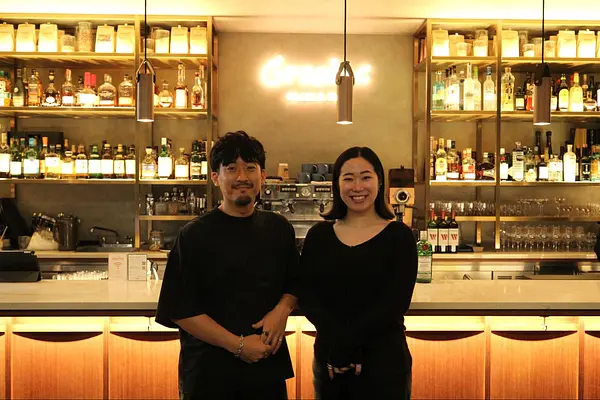
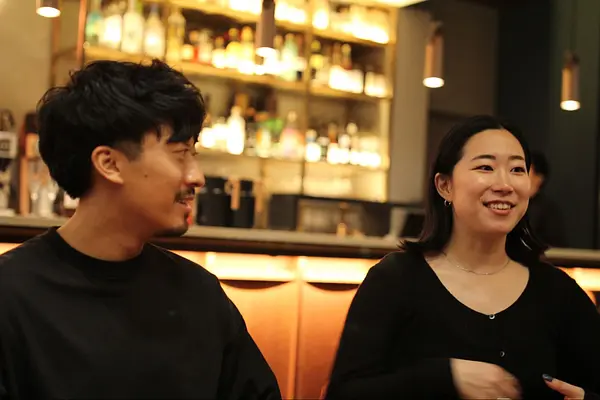
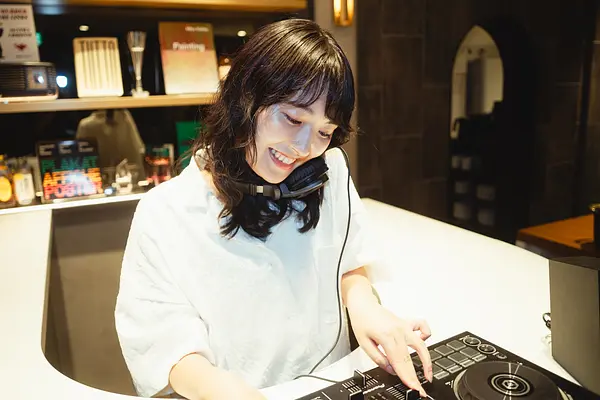
![[Resident Interview] From Speaking Zero Japanese to Achieving Conversational Level in Just 6 Months by Living in a Social Apartment](https://sa-site-production-strg.s3.ap-northeast-1.amazonaws.com/jxzizvaqsxi3ips1j47dkwk4savp)
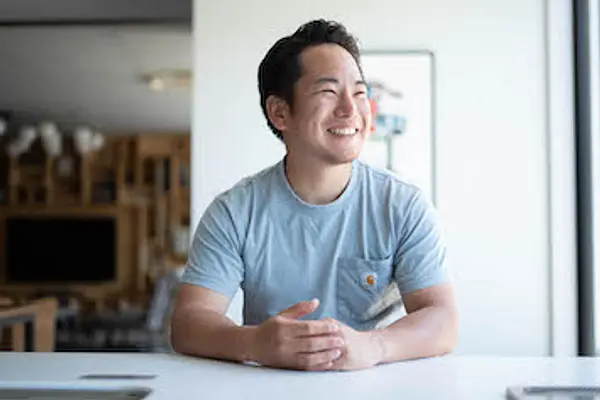
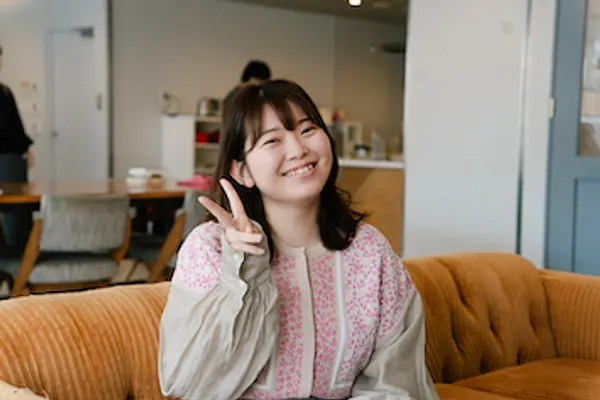
![ワールドネイバーズカフェ護国寺で働くスタッフの想い | ワールドネイバーズ護国寺 [インタビュー]](https://sa-site-production-strg.s3.ap-northeast-1.amazonaws.com/jm7qhnahwy58tujy6eme4vt0gaqw)
![ソーシャルアパートメントはロールモデルの宝庫。就活後に入居を決めた理由とは<後編> | ネイバーズ東十条 [インタビュー]](https://sa-site-production-strg.s3.ap-northeast-1.amazonaws.com/0klh7ktq1j5yrpyx0ob5rbo6fzcj)
![ソーシャルアパートメントはロールモデルの宝庫。就活後に入居を決めた理由とは<前編> | ネイバーズ東十条 [インタビュー]](https://sa-site-production-strg.s3.ap-northeast-1.amazonaws.com/0imxikh39n29q5cjimjm74y0zrab)
![「やってみたい」を一緒に叶える仲間と繋がる暮らし。4物件80人で実現した大運動会 | ソーシャルアパートメント宮前平 [インタビュー]](https://sa-site-production-strg.s3.ap-northeast-1.amazonaws.com/r8nyxbs5rhoyffd6f0szce0innpf)
![必要なのは好奇心と少しの思い切り | ネイバーズ五反田 [インタビュー]](https://sa-site-production-strg.s3.ap-northeast-1.amazonaws.com/y0z69d53xmqqp0hex5mhpi7h0lm0)
![きっかけは幼なじみのInstagram?一歩踏み出すのは誰かの些細な一言 | ネイバーズ立川 [インタビュー]](https://sa-site-production-strg.s3.ap-northeast-1.amazonaws.com/eowkeclvq9pekszwtklhjl9buecw)
![幅広い年齢層・国籍が交差する環境で学生時代を過ごすということとは<後編> | ワールドネイバーズ護国寺 [インタビュー]](https://sa-site-production-strg.s3.ap-northeast-1.amazonaws.com/ikafi958yqy8p1x1h7paxvnwvql7)
![幅広い年齢層・国籍が交差する環境で学生時代を過ごすということとは<前編> | ワールドネイバーズ護国寺 [インタビュー]](https://sa-site-production-strg.s3.ap-northeast-1.amazonaws.com/l92j1wrnana2kr0yrn14u88tqzlq)
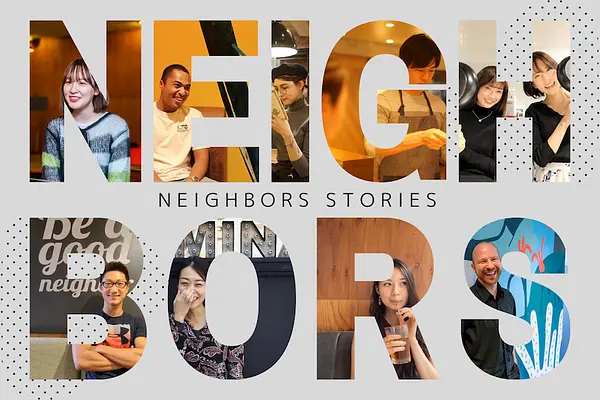
![上京時にソーシャルアパートメントという選択肢 | ソーシャルアパートメント大泉学園 [インタビュー]](https://sa-site-production-strg.s3.ap-northeast-1.amazonaws.com/g92g4p92trjignuw87ae1msetxap)
![自然な交流を生み出す住まいに魅せられて | ソーシャルアパートメント三鷹 [インタビュー]](https://sa-site-production-strg.s3.ap-northeast-1.amazonaws.com/gijfv37vtenl104ol5f2mj040hwa)
![特技はヴィーガンチーズケーキ作り?料理をとことん楽しむ吉祥寺暮らし | ネイバーズ井の頭公園 [インタビュー]](https://sa-site-production-strg.s3.ap-northeast-1.amazonaws.com/3modm8zsssu2pb0h8jueaqdgo6wi)
![男性2人に聞いた、暮らしの一問一答 | ターミナルズ高槻 [インタビュー]](https://sa-site-production-strg.s3.ap-northeast-1.amazonaws.com/bo8eqs8prxj8umurpgb56sdubsld)
![男女ペアに聞いた、暮らしの一問一答 | ターミナルズ高槻 [インタビュー]](https://sa-site-production-strg.s3.ap-northeast-1.amazonaws.com/dmiopgitie2z3v8c60al680ggb4t)
![女性2人に聞いた、暮らしの一問一答 | ターミナルズ高槻 [インタビュー]](https://sa-site-production-strg.s3.ap-northeast-1.amazonaws.com/nwj20uazpp4waybl9666o46lb83f)
![「意図せず交流が生まれる場」.andworkとSOCIAL APARTMENTの共通点 | FILMS和光 [インタビュー]](https://sa-site-production-strg.s3.ap-northeast-1.amazonaws.com/5j2xtbaeo1w6ok4uc1b5hmfex5tp)
![入居者約60人を集めた「ボディメイキング コンテスト」主催者が語る企画の裏側 | ワールドネイバーズ護国寺 [インタビュー]](https://sa-site-production-strg.s3.ap-northeast-1.amazonaws.com/wftnprnselp6cg7byzf4hezs1j03)
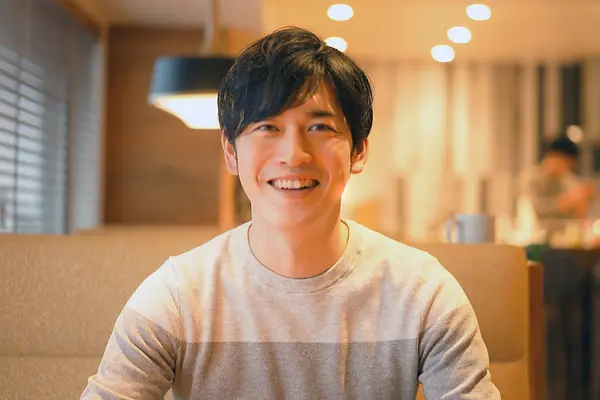
![幼なじみと入居したソーシャルアパートメントでの暮らし | ターミナルズ高槻 [インタビュー]](https://sa-site-production-strg.s3.ap-northeast-1.amazonaws.com/4dwlhvri1wiz3j9mx7sv7fkoosoj)

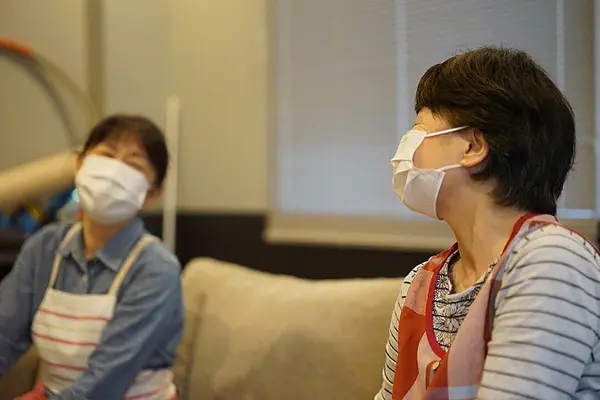
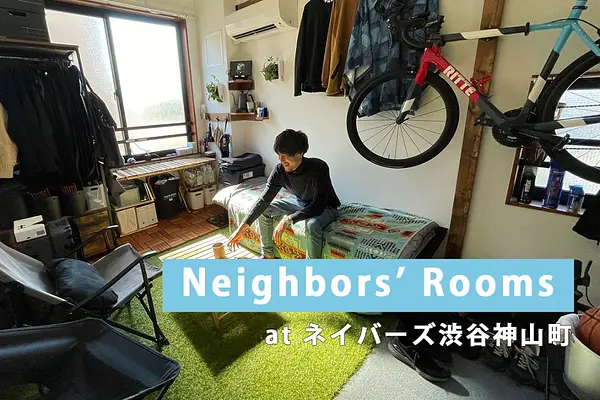
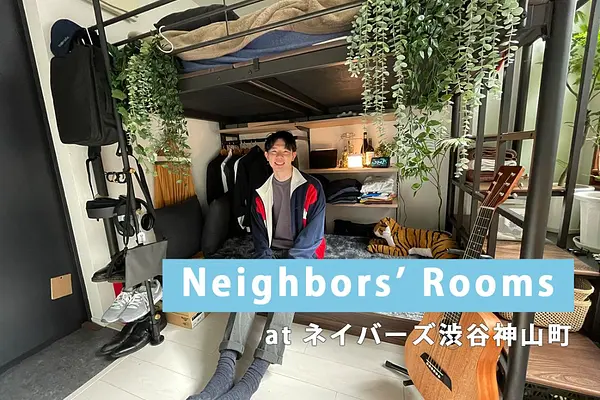
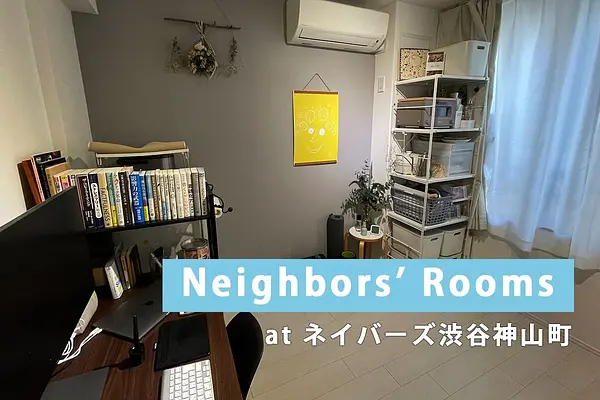
![日本とアメリカを繋げることができたら | ネイバーズ渋谷神山町 [インタビュー]](https://sa-site-production-strg.s3.ap-northeast-1.amazonaws.com/f64gkjxghdo46gco54pf1xl4ewro)
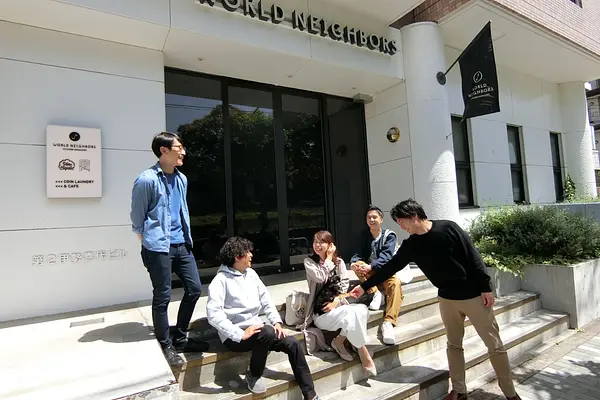
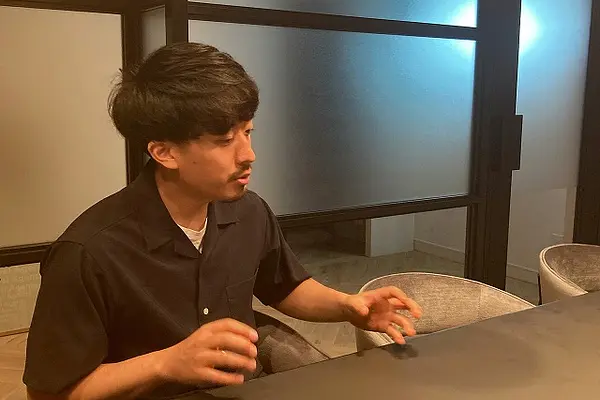
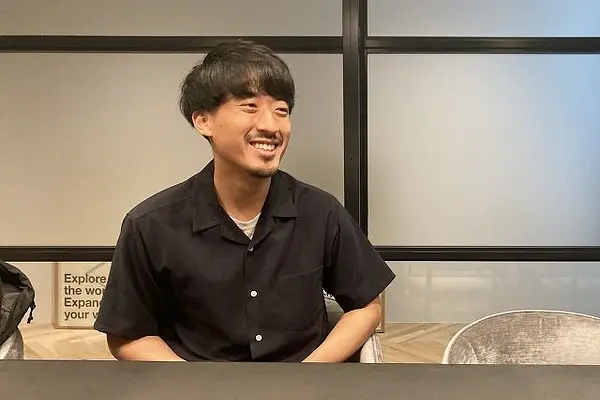
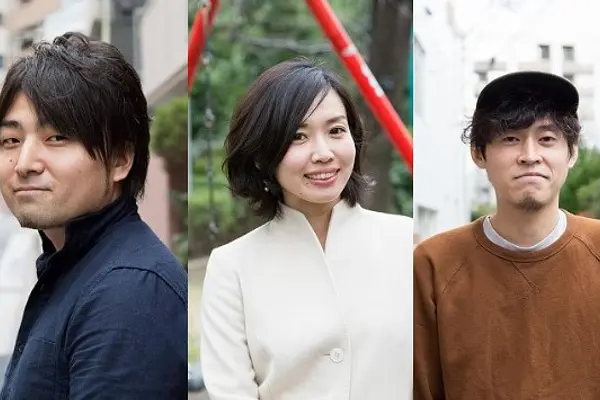
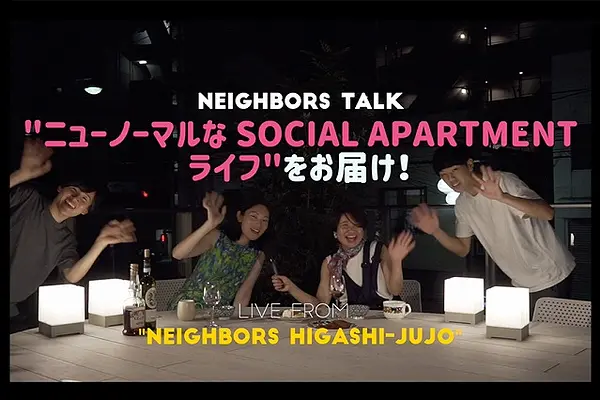
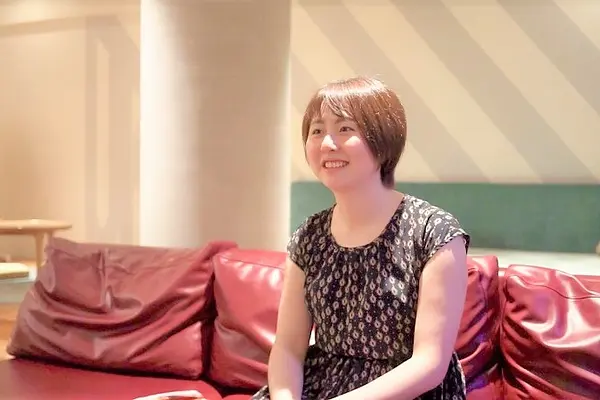
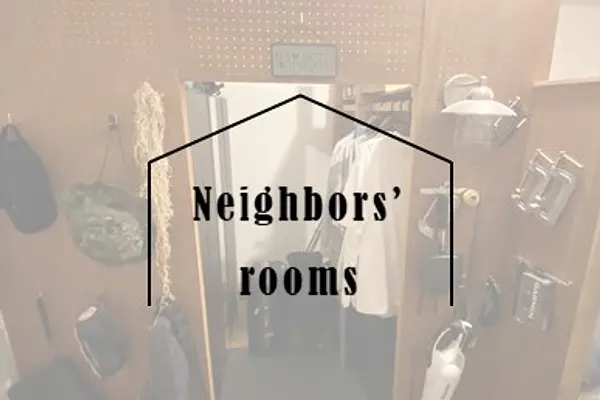
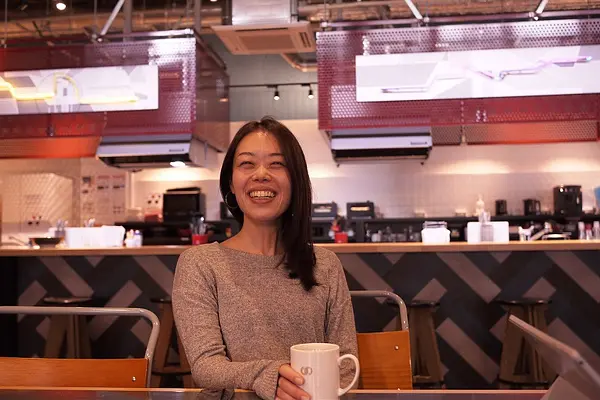
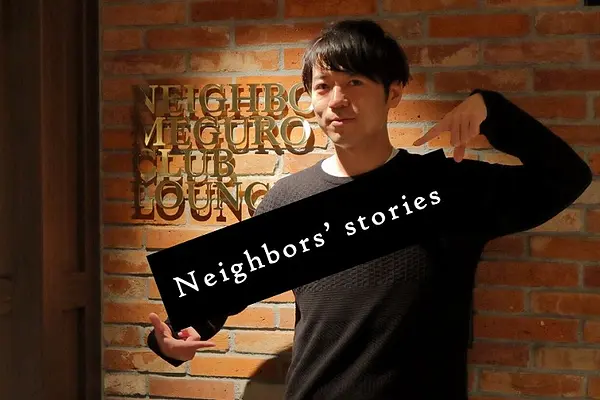
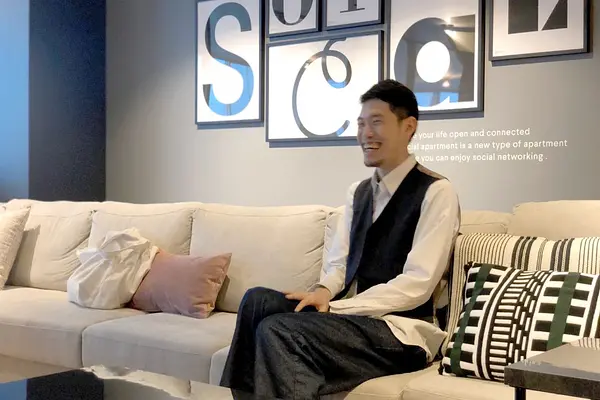
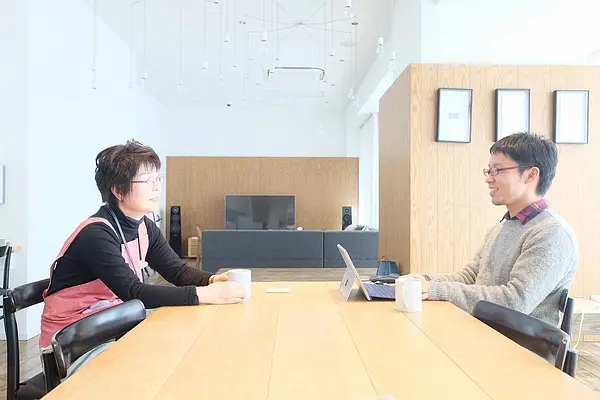
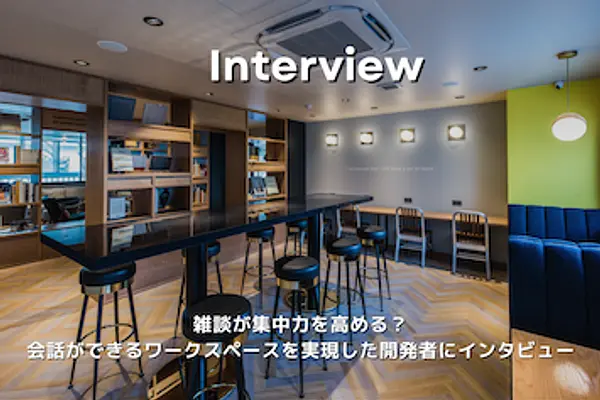
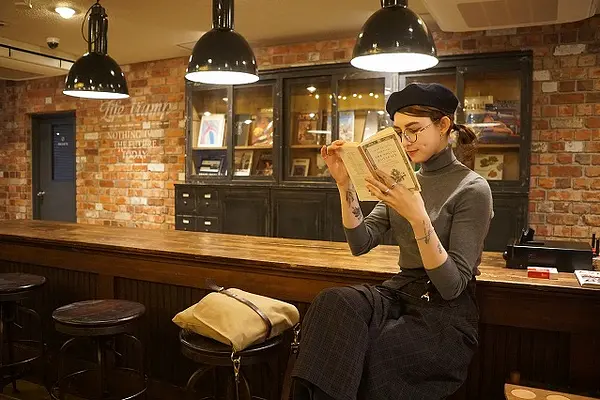
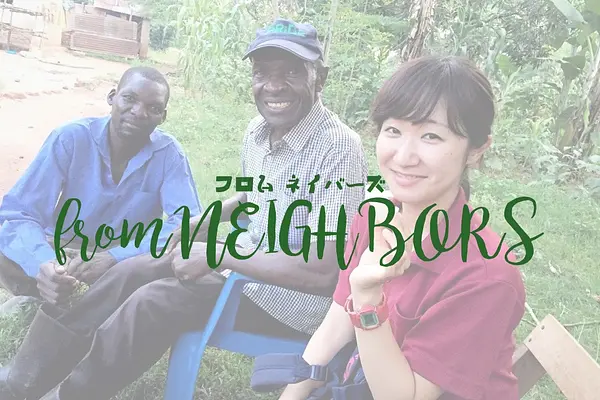
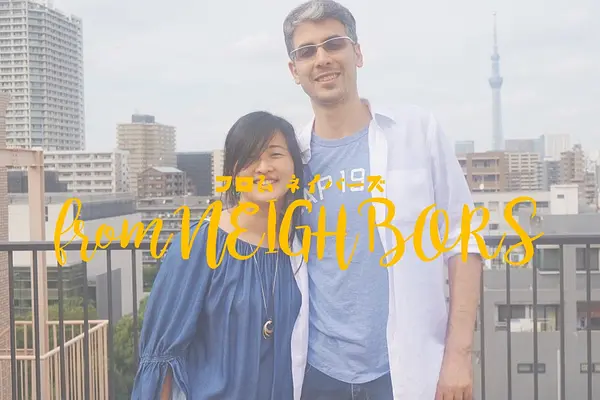
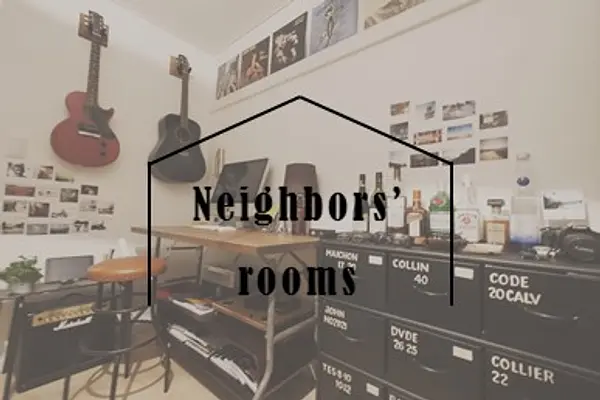
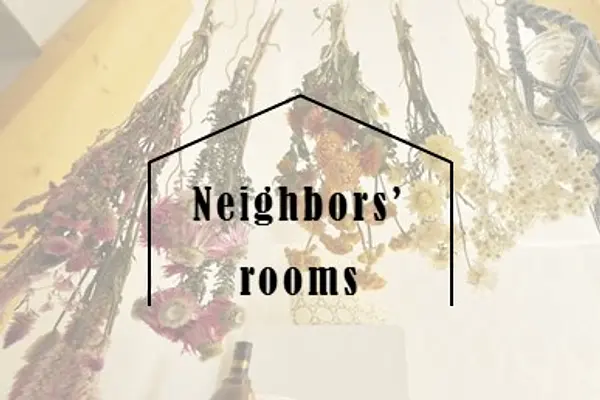
![[New Property: NEIGHBORS HANEDA] Pre-Opening Tour](https://sa-site-production-strg.s3.ap-northeast-1.amazonaws.com/846mmpn4c2olufxkxtn5vkxjypgy)
